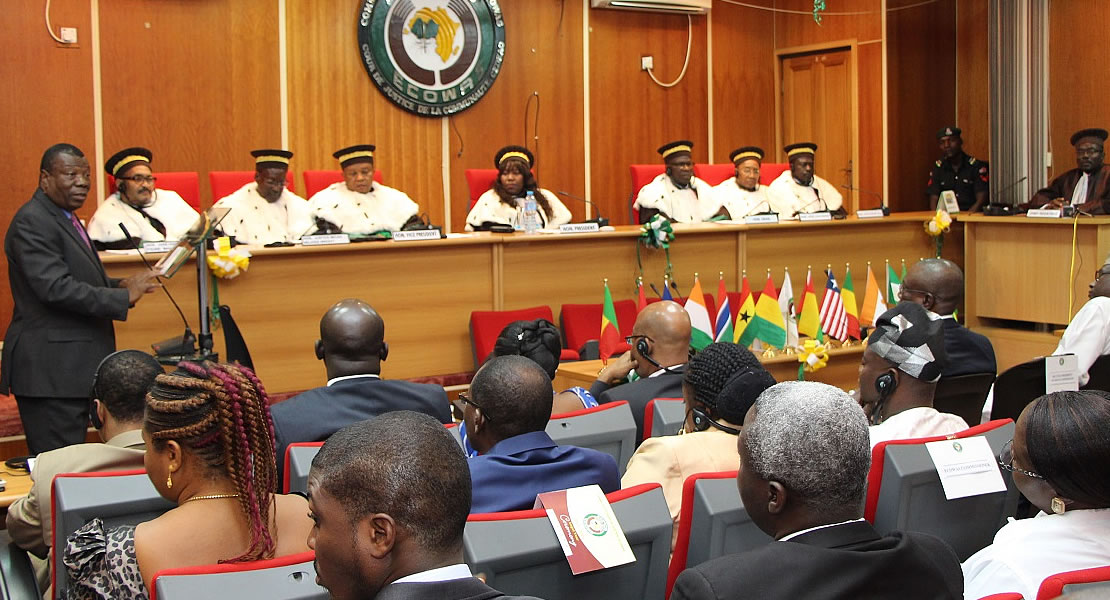
Justice Utter Peter Derry, an Accra Fast Track High Court Human Rights Division Judge, will on Friday, July 30, 2010, give his verdict on the alleged victimization of the former chief Director of the Ministry of Youth and Sports, Albert Anthony Ampong, and his colleague, former Principal Accountant of the same Ministry, Adim Odoom, by the Civil Service.
Messrs Ampong and Odoom were allegedly victimized for exposing the alleged corrupt practices of the former Minister of Youth and Sports, Mohammed Mubarak Muntaka.
The court will also decide whether the confiscation of their official vehicles, the travel ban imposed on them and their being paid half salary, was in violation of their fundamental human rights.
The former civil servants have filed an application for judicial review, accusing the Civil Service of frustrating them by creating a hostile atmosphere which made it difficult for them to go about their normal duties after they were transferred to the Civil Service, in spite of the fact that a court has ruled for them to return to work.
The applicants claim they were served letters to respond to their official involvement in the disbursement of $20,000 to Hon. Muntaka.
At the court, Counsel for the accused, Godfred Yeboah Dame, who moved the motion, argued that in directing that they should be paid half of their salaries, and being prohibited from travelling without permission from the Civil Service, was in gross violation of the Civil Service Law and their fundamental human rights, as enshrined in the 1992 constitution.
He said only the courts had the right to place travel restrictions on persons and prayed the court to lift the ban to enable one of the applicants travel to visit his ailing sister.
The court thus granted his appeal. Mr. Godfred Dame insisted that the applicants were not given fair hearing, so for them to be punished violated the time-honoured principal of natural justice, which states that one must be given a fair hearing before any adverse decisions are taken against him.
In addition, he said disciplinary measures could only be taken against his clients pursuant to a written charge preferred against them. He noted that no charge of misconduct had been preferred against them to warrant the punishment of interdiction. Neither were they informed that they were the subject of investigations by the Civil Service before the interdiction took effect.
Counsel therefore prayed the court to set precedence by giving a verdict that would protect civil servants against unnecessary victimization.
Responding to the motion, state attorney Elikplim Agbemava indicated that what the Civil Service did was in compliance to a court order, which was that since it (the Civil Service) is the disciplinary authority, the issue of the accused person’s interdiction, among others, should be referred to them.
For this reason, he noted that any action taken by the Civil Service was in line with its duty as the disciplinary authority, as stated in Section 78 of the Civil Service Act, noting that what the applicants were seeking to do was to shirk their responsibilities in a case in which they have been called upon to account for the disbursement of the said $20,000.
According to him, the Civil Service had not usurped any jurisdiction and said the two former civil servants are trying to resist any enquiry into the alleged disbursement of the money to the Minister.
In addition, Mr. Agbemava said the applicants have not been prejudiced in anyway but they were only asked to explain their role in the disbursement of the money. He also stated that being granted their reliefs would amount to Act (1) of the 1992 Constitution which says rights must go with responsibilities.
Justice Derry, earlier this week gave his verdict on whether or not the plaintiffs should be examined on oath, noting that the rules governing the applicant’s judicial review are contained in the high court civil procedures book and did not justify the examination of the applicants in open court.
He said the procedure, as stated by the A-G, will apply in the case of a full trial, which was not so in this case.
He therefore dismissed the application.
The court further awarded a cost of GH¢500.00 against the A-G who filed the application for the applicants to be examined on oath, based on their allegations.
Source: Daily Guide Guide